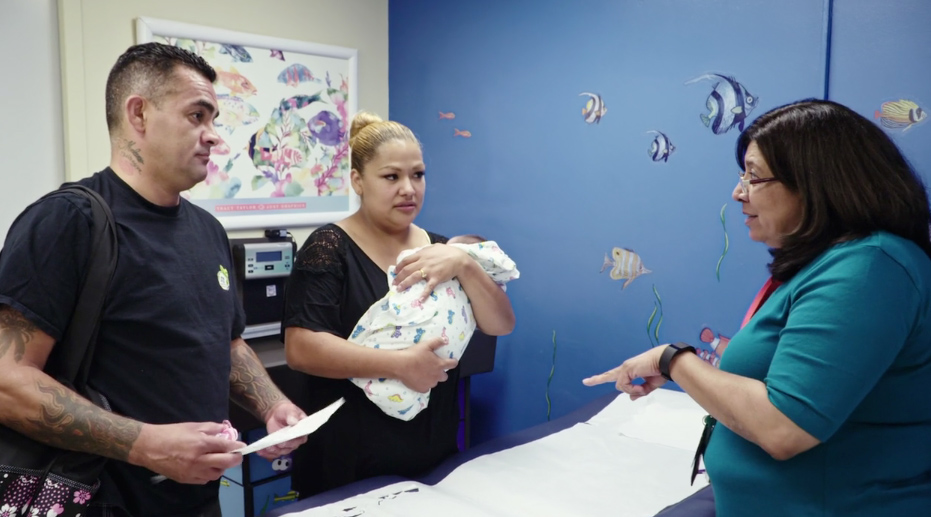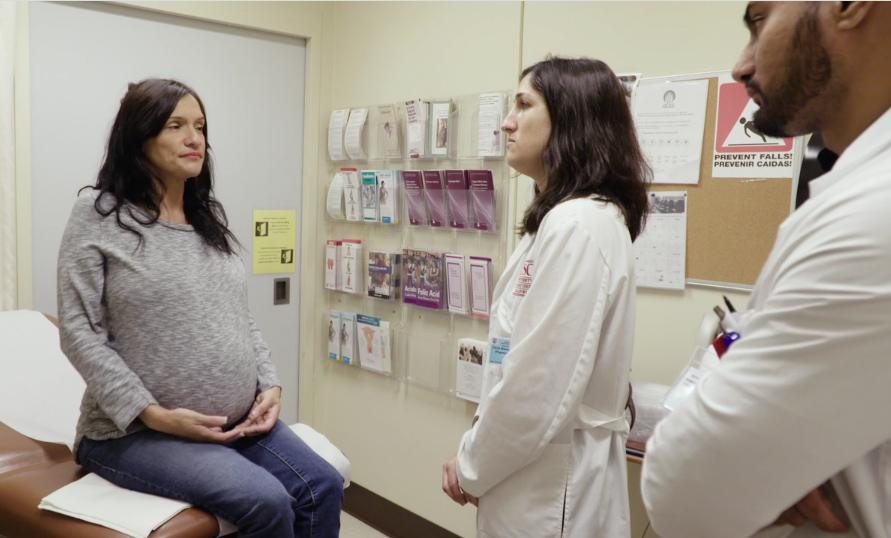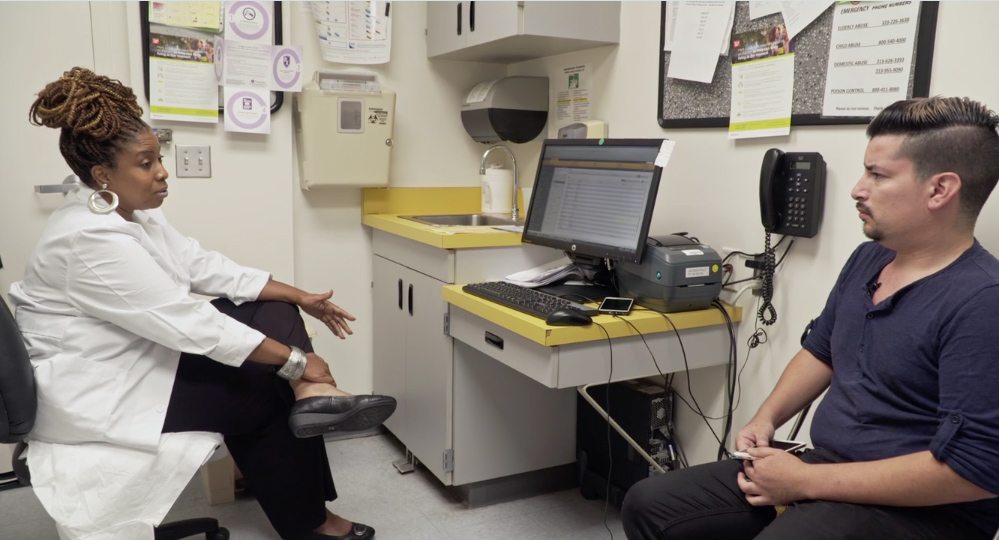
Target Zero is a moving, landmark documentary series that focuses on the medical as well as the social aspects of HIV treatment and prevention. The three short films interweave real-life patient stories, interviews with leading doctors, medical providers and scientists; and state of the art molecular animations. These accounts illuminate the complex history of controlling the HIV epidemic and reveal the ongoing need for compassionate, patient-centered care and a true understanding on a cellular level the science behind the treatments.
Target Zero is a collaborative effort among scientists, physicians, patients, artists, and filmmakers based or trained at LAC+USC, the RCSB Protein Data Bank, Rutgers University, the University of Utah, and USC Cinema. This combined expertise in structural biology, medicine, and documentary filmmaking helps to bring together science and art in order to educate. The primary audiences of this film are medical students and medical professionals.
Target Zero was filmed over the course of a year at Los Angeles County (LAC) and University of Southern California (USC ) Maternal, Child and Adolescent/Adult Center for Infectious Diseases and Virology (LAC+USC's MCA) and the LAC+USC Rand Schrader Clinic. The film follows the journeys of a variety of individuals affected by HIV. Â
Two stories center around HIV positive pregnant women. In one, a stable, compliant patient gives birth to an HIV-negative baby after having been told by an uninformed healthcare provider that there was not way to prevent transmission of HIV to her baby. The patient’s early anxiety and later relief highlight how important it is for healthcare providers to stay informed.
Another pregnant woman presents with a history of homelessness and substance abuse exemplifying some of the psychosocial factors that can complicate HIV care. This case requires a different level of personal attention and vigilance, including engagement of an expanded team of RNs, home health care nurses, nutritionists, psychologists, and pharmacists to ensure delivery of a healthy HIV-negative baby.
Two additional stories focus on young gay men seeking to avoid HIV infection. The successful outcomes of the young men’s care demonstrate demonstrates the influence that healthcare providers can have on the emotional and physical well-being of each patient by delivering non-judgmental, compassionate care and including effective tools and education to aide in HIV prophylaxis.
Around the men’s stories is wrapped an essential impression of the evolution of the HIV epidemic. Thanks to unprecedented collaborative efforts of many stakeholders, in less than three decades scientific observation, research and drug development have brought us from a place where HIV was a “death sentence” to our current era, in which HIV can be prevented or managed as a chronic disease with which individuals may lead normal, productive lives for many years or even decades.
Data from the Protein Data Bank (PDB) – the worldwide repository of knowledge about biological macromolecules – informed the state-of-the-art animations featured in Target Zero to illustrate the lifecycle of the HIV virus and the mechanisms of action of modern HIV therapies.
Further explanation of the science and medicine of HIV are provided through commentaries of leading HIV experts including:
Dr. Michael Gottlieb, a Los Angeles-based physician who was one of the first people to identify AIDS as an immune deficiency disease;
Dr. Alice Stek, Director of HIV services at the USC School of Medicine;
Dr. James Oleske, Professor of Pediatrics at Rutgers NJMS who developed methods for preventing HIV transmission to the newborn babies of HIV positive women; and
Dr. Eddy Arnold, Professor of Chemistry and Chemical Biology at Rutgers University who conducted pioneering research that helped to develop HIV treatments.


